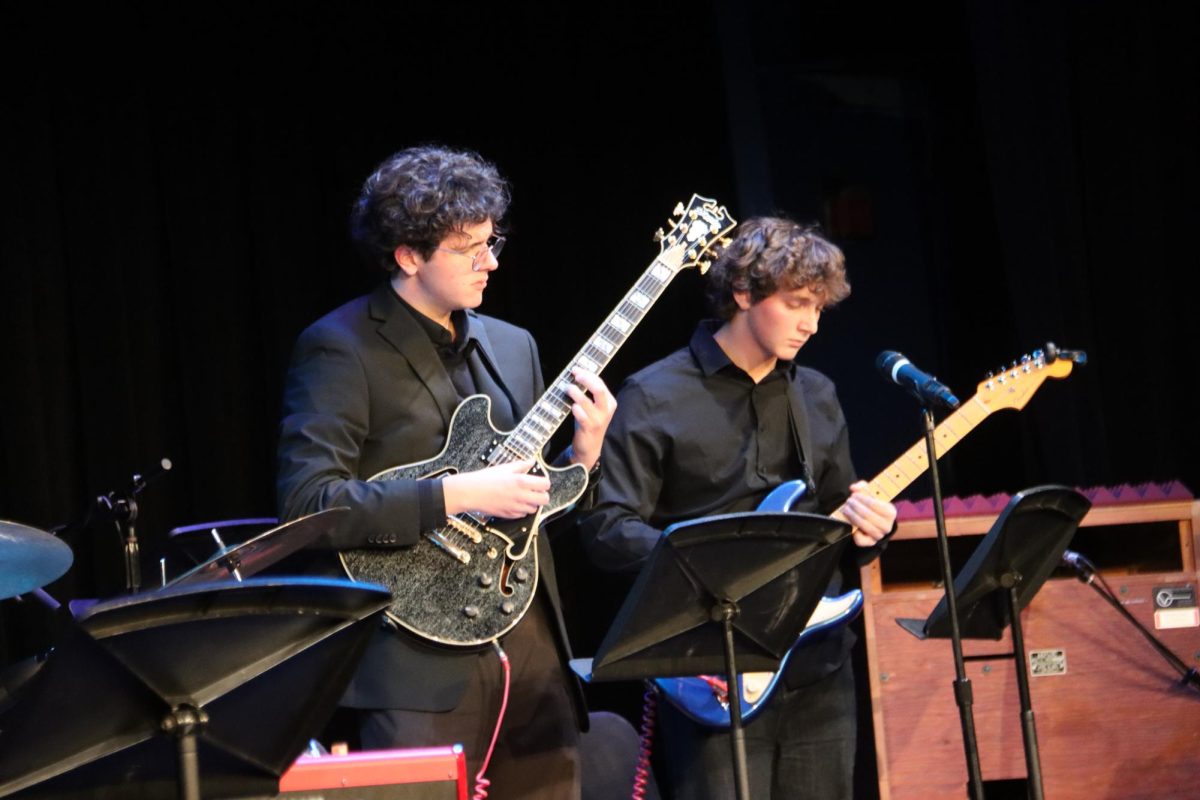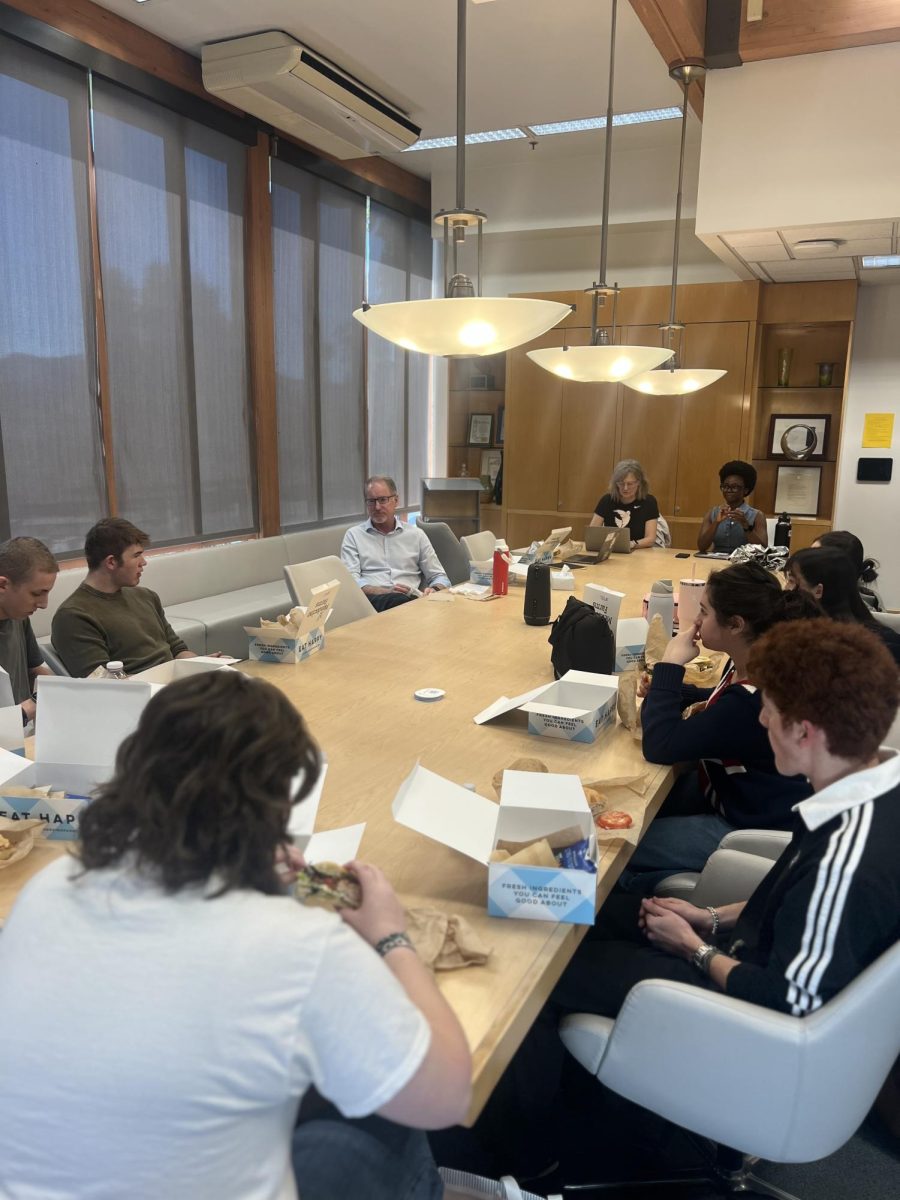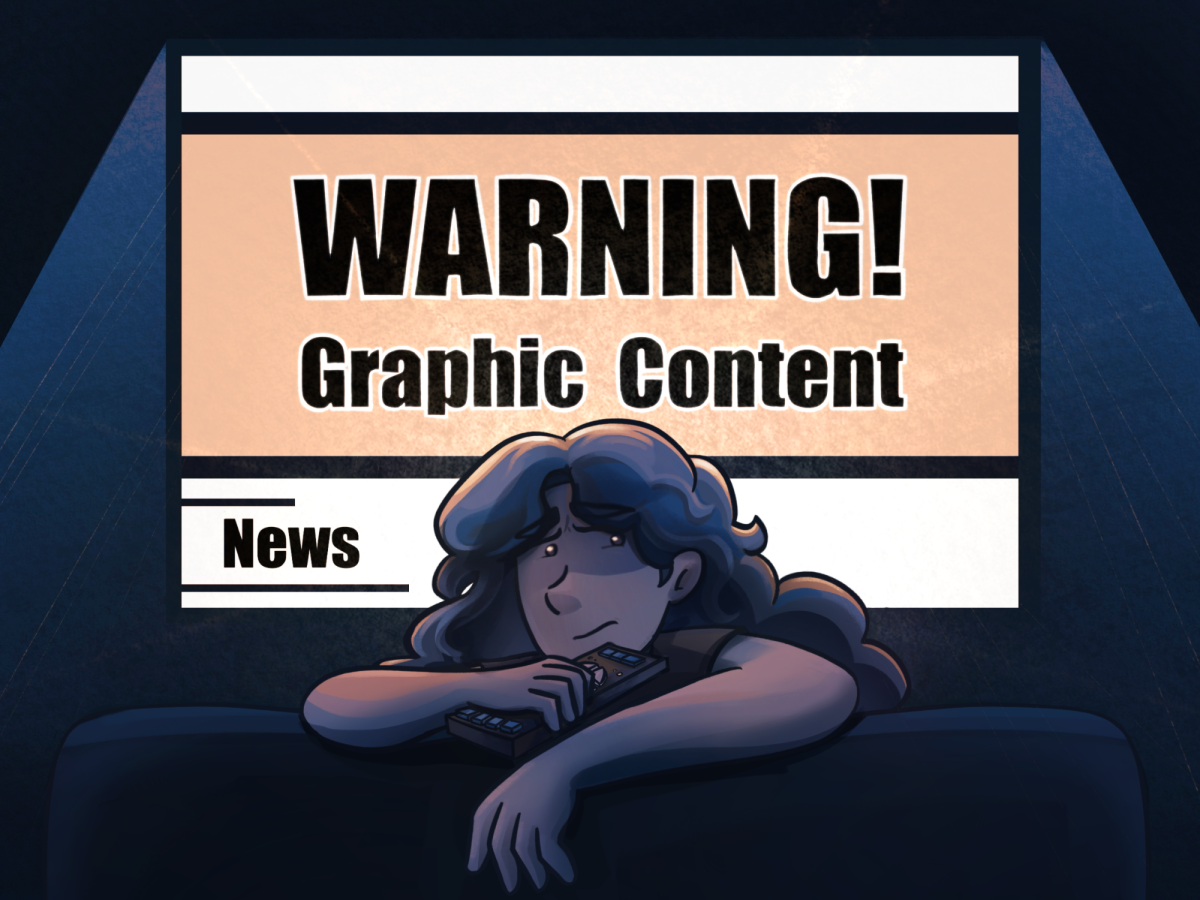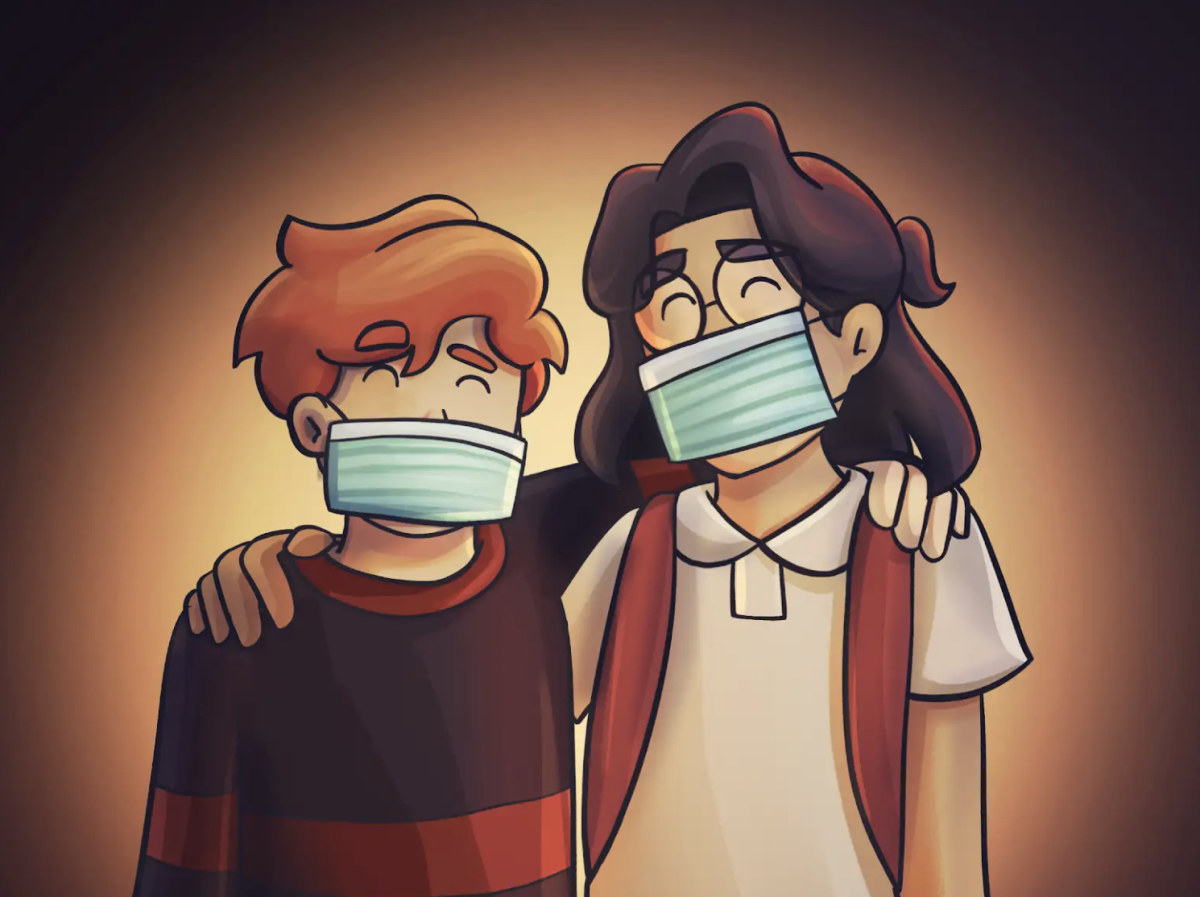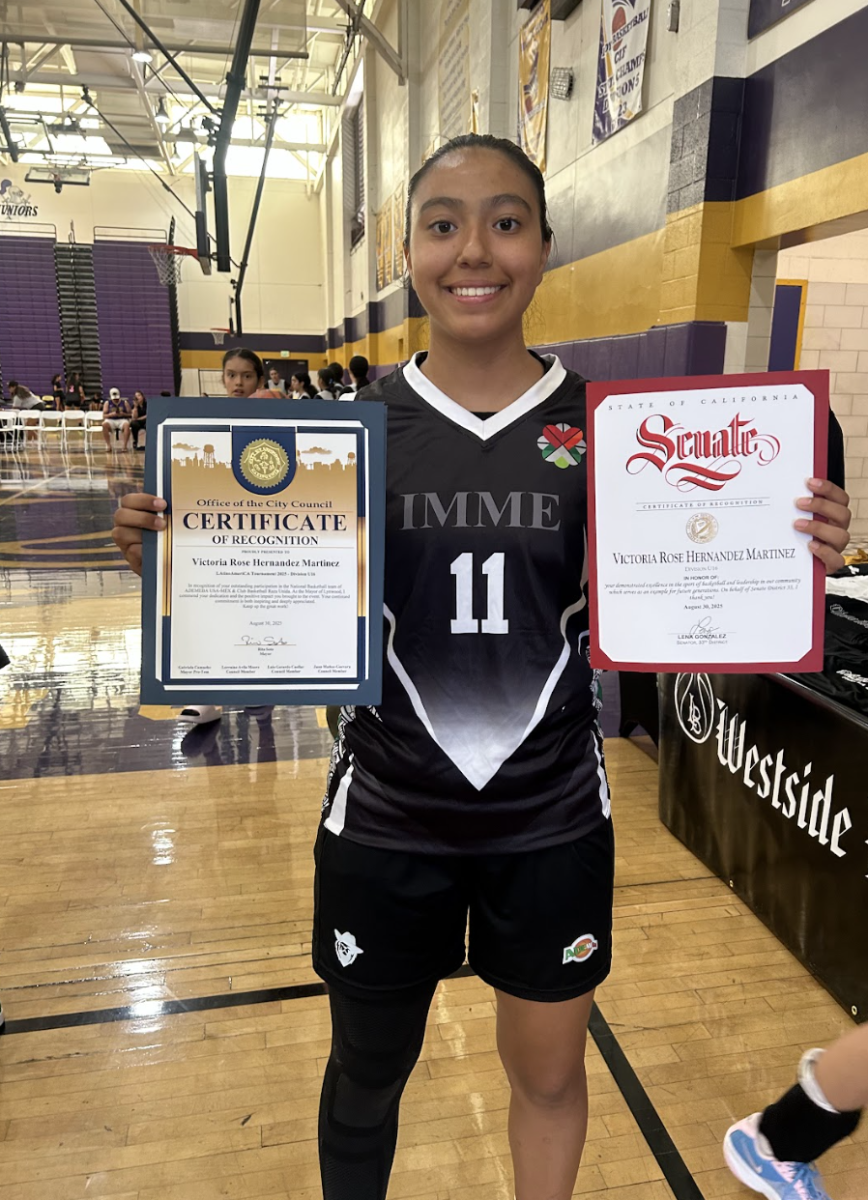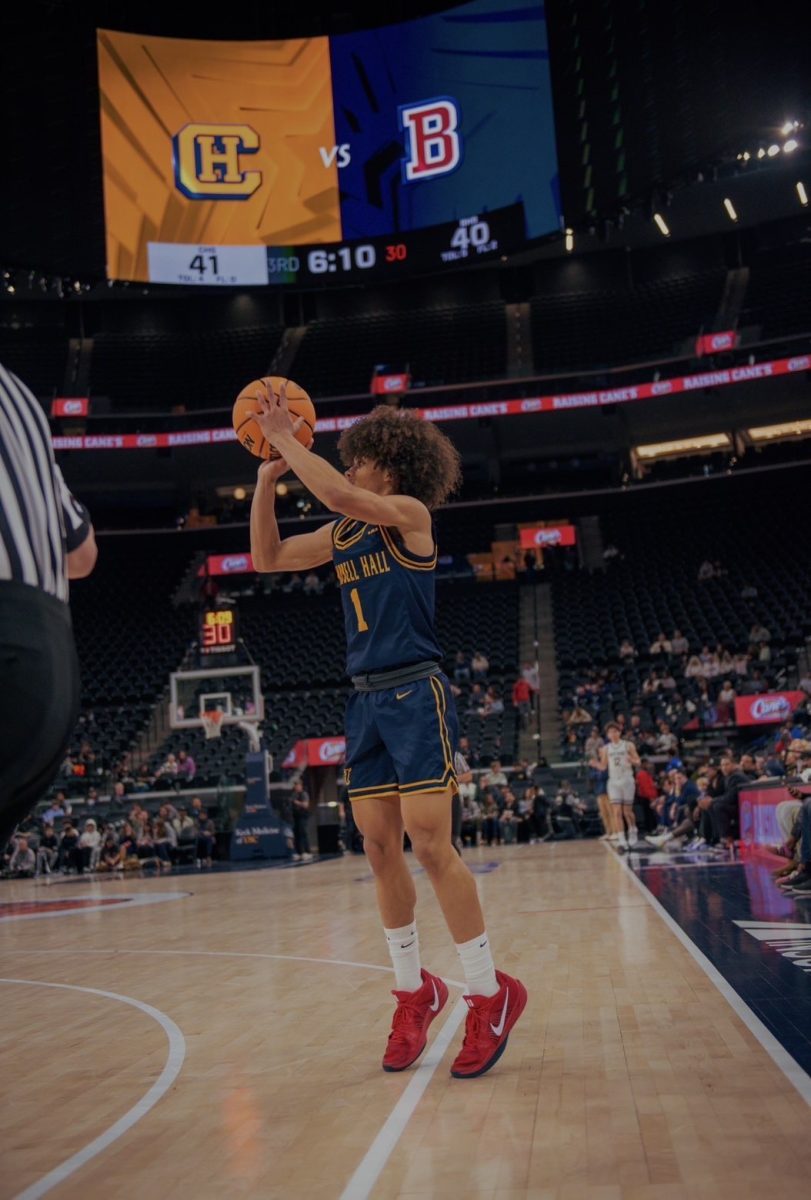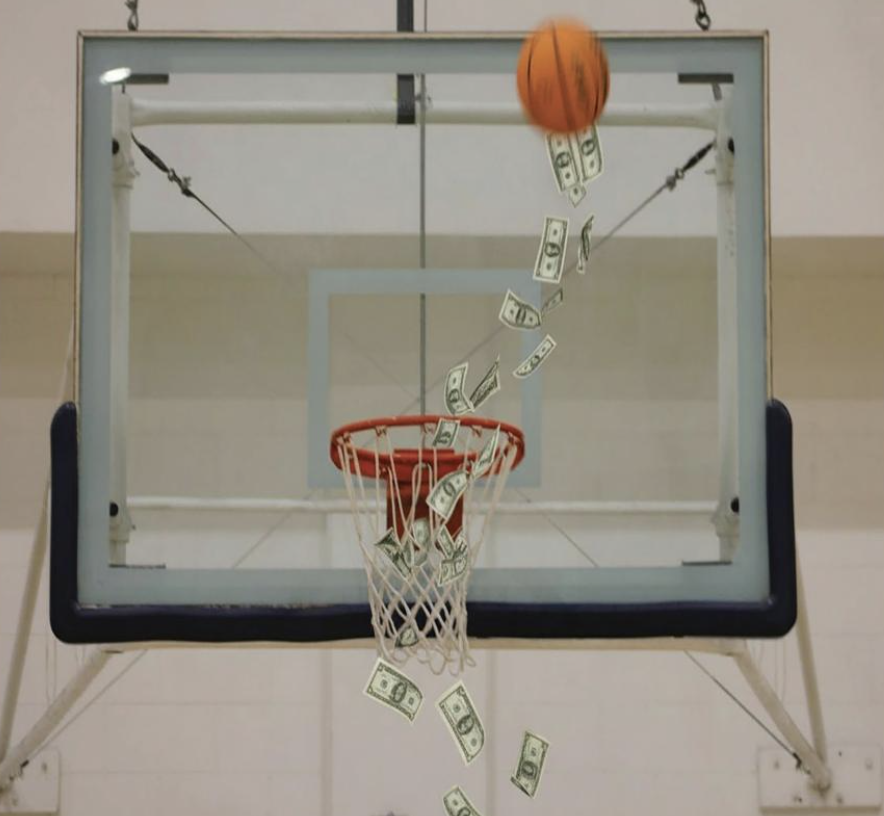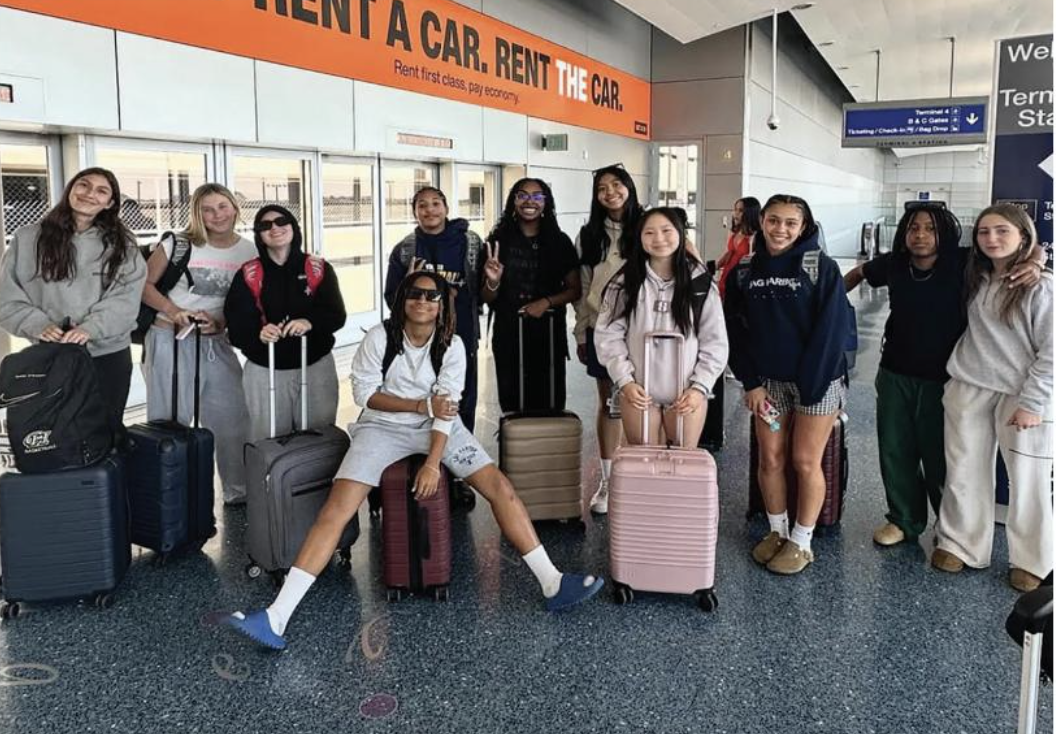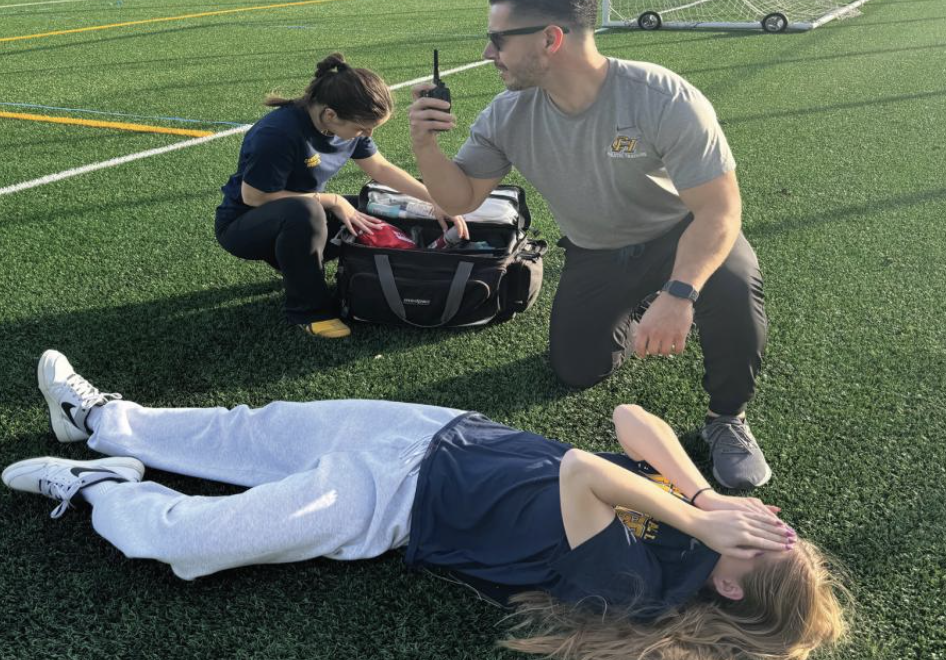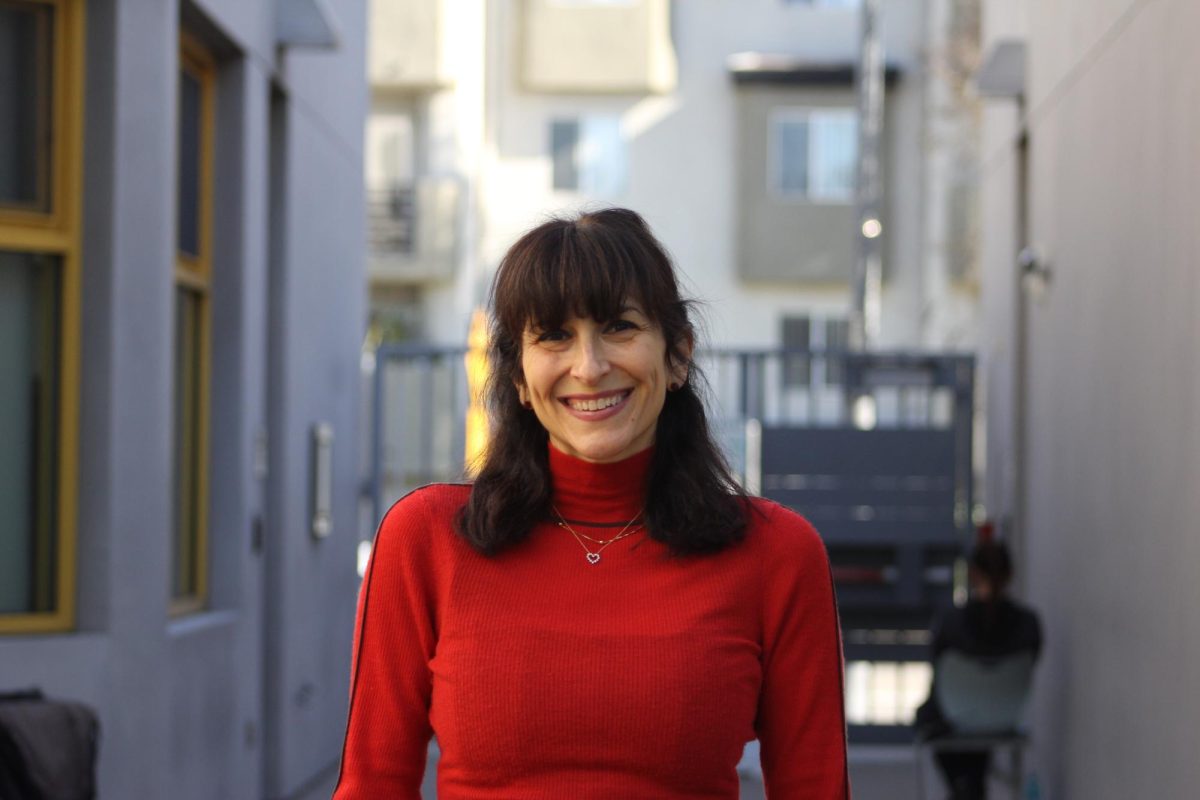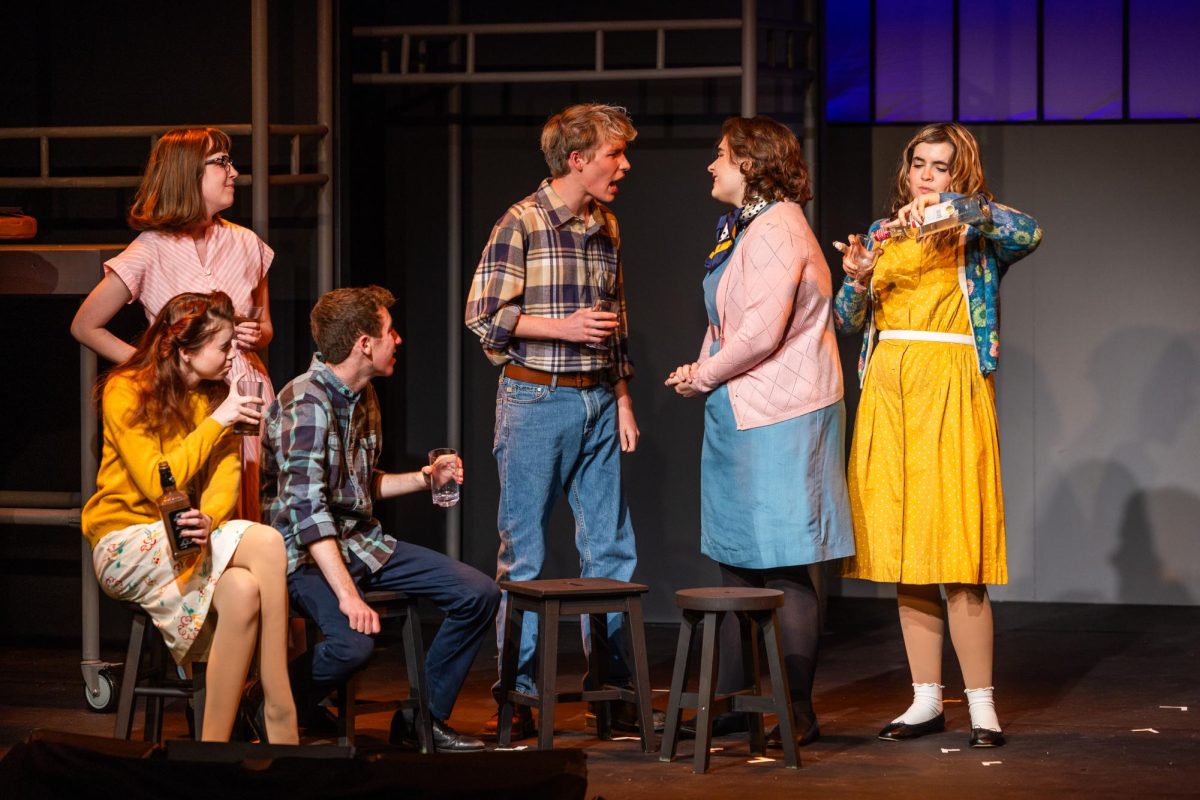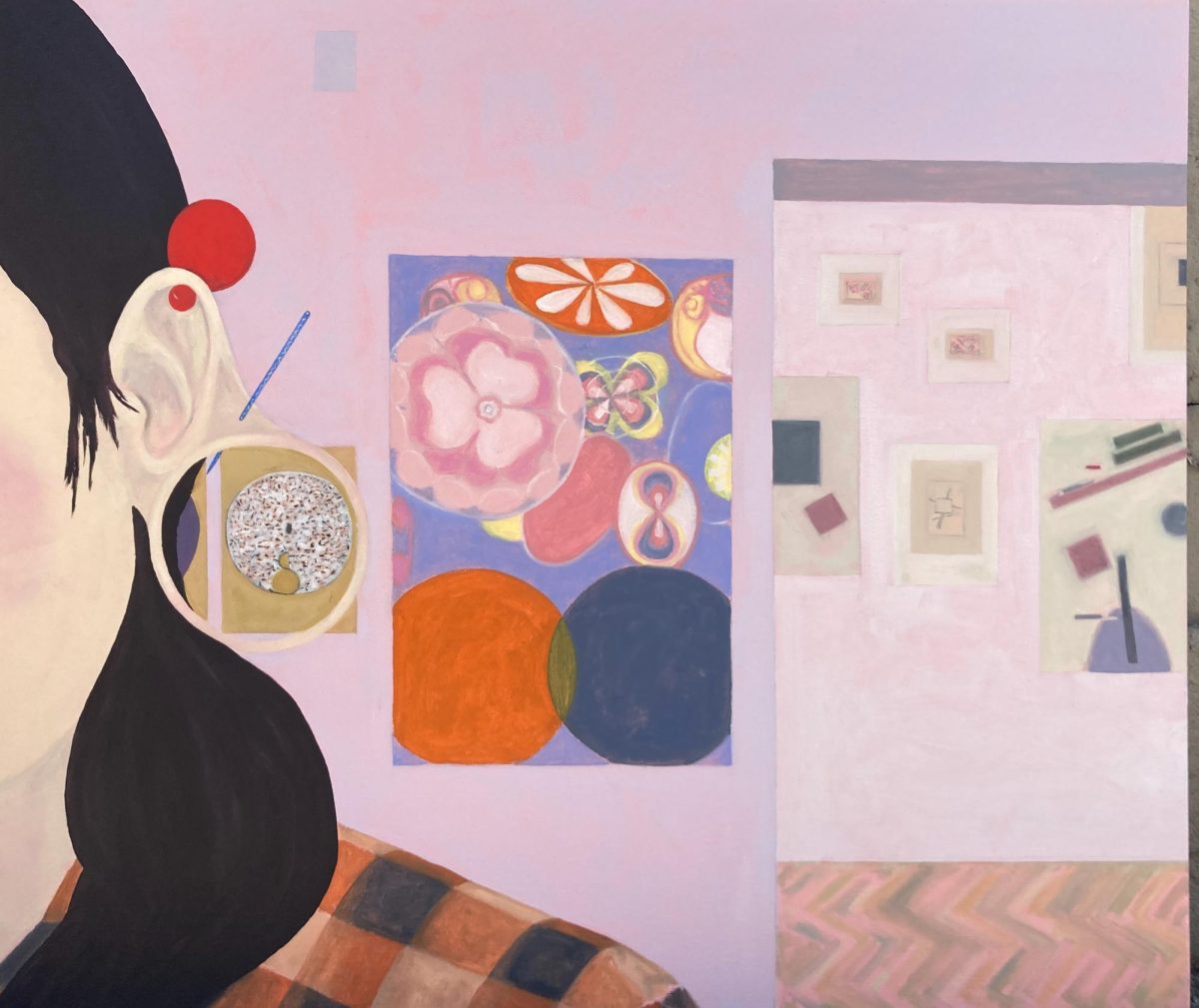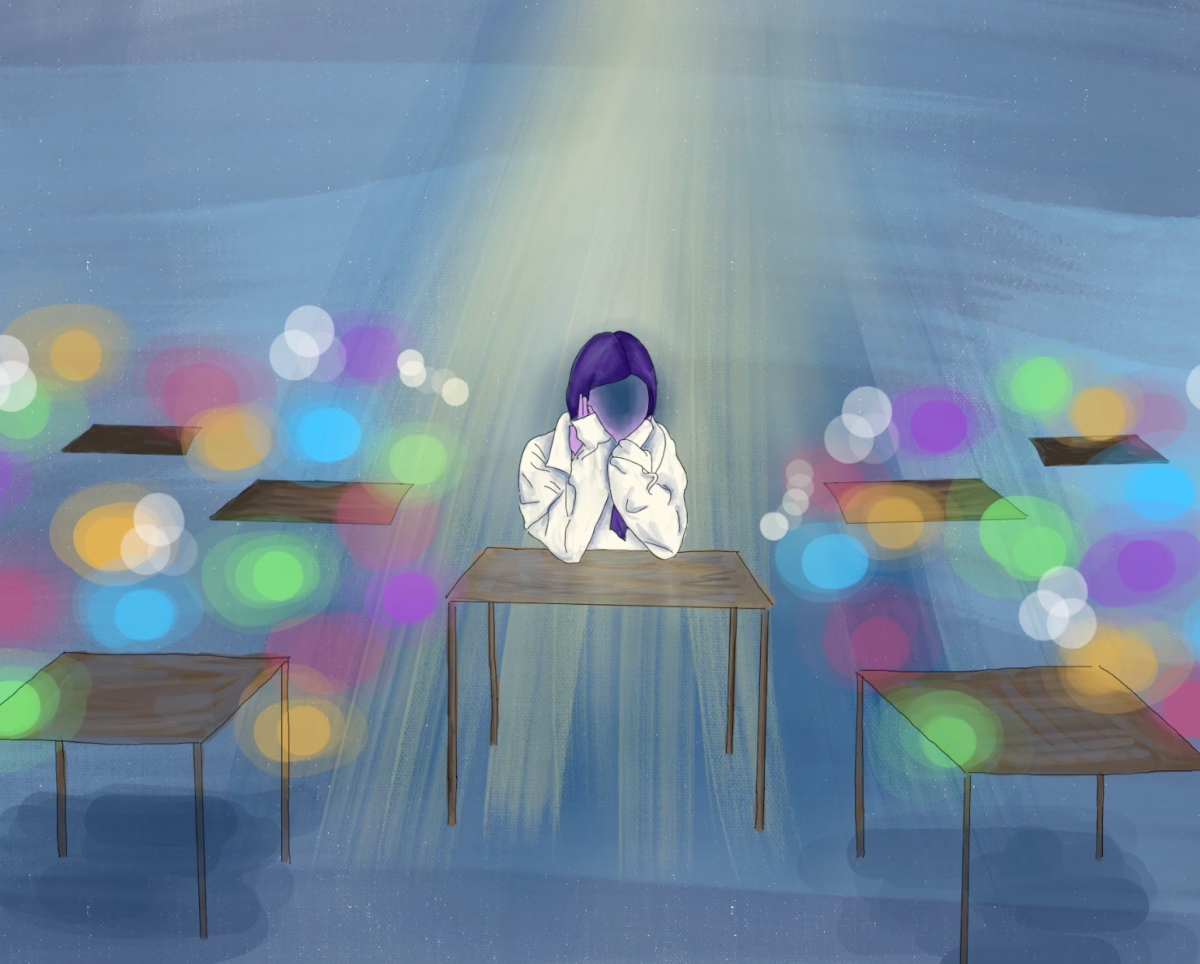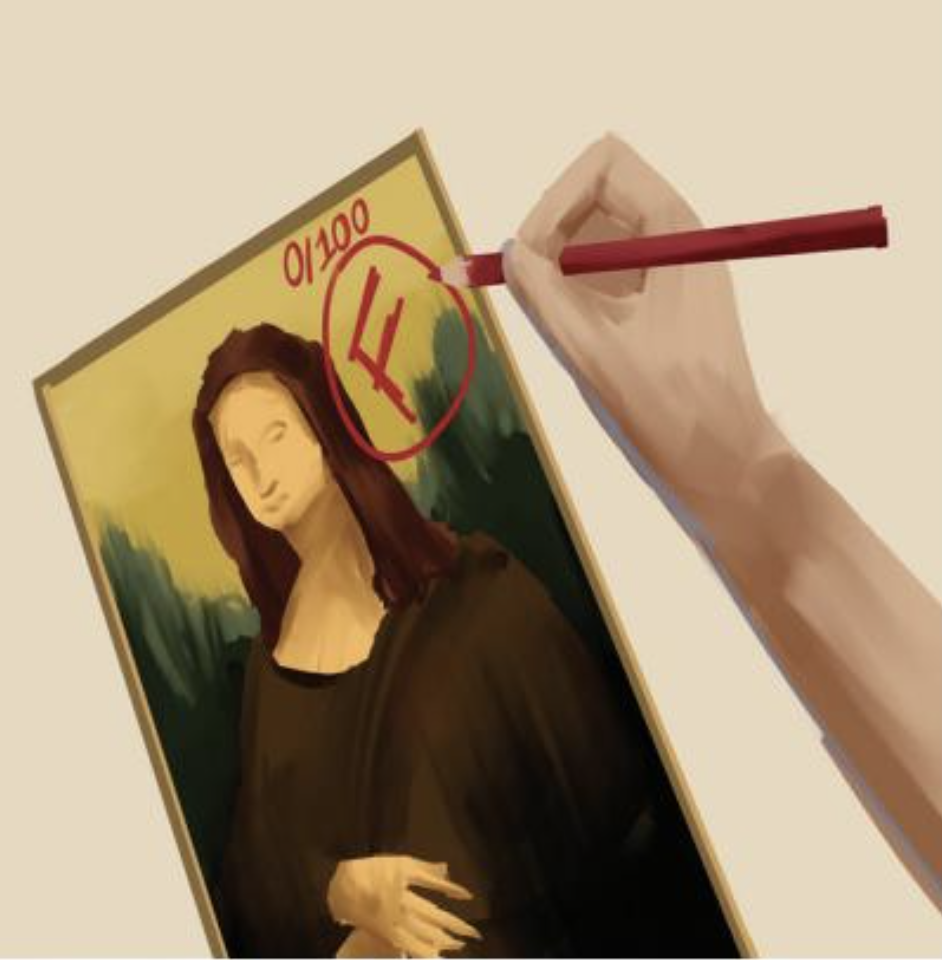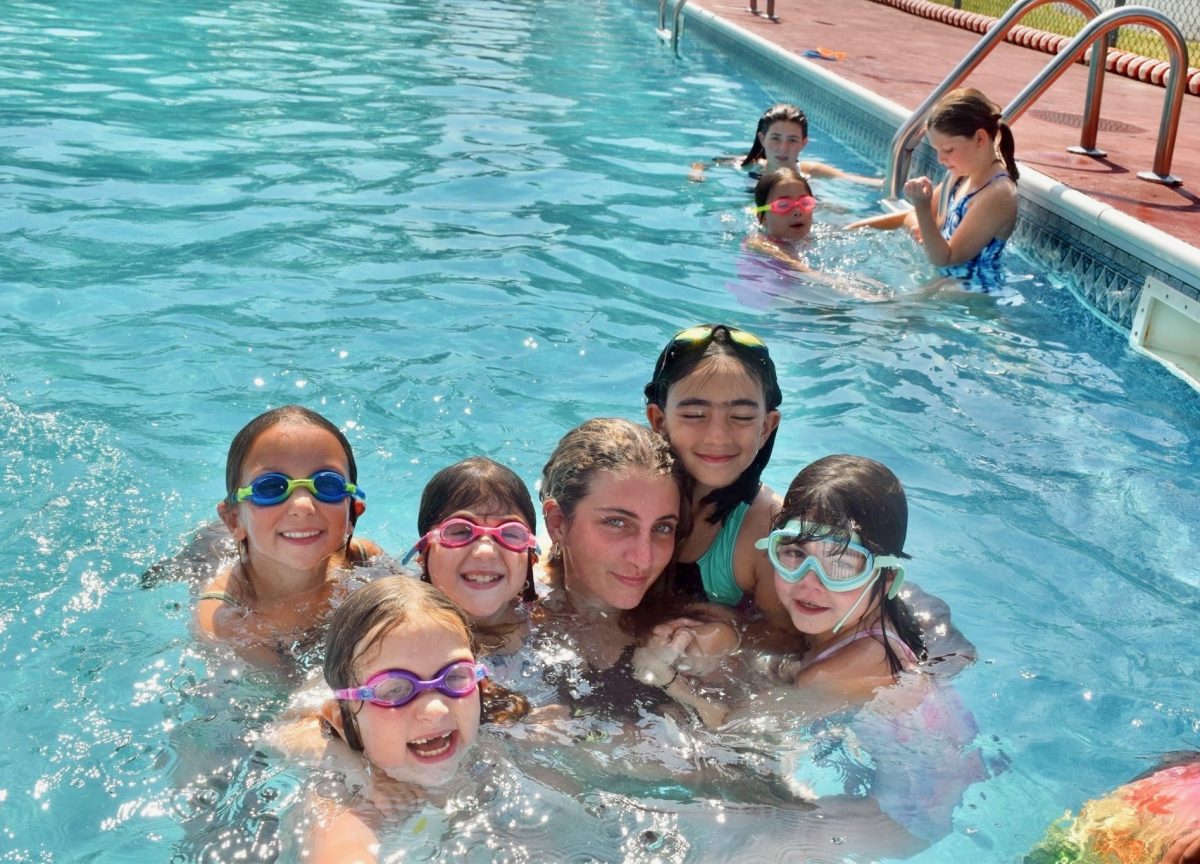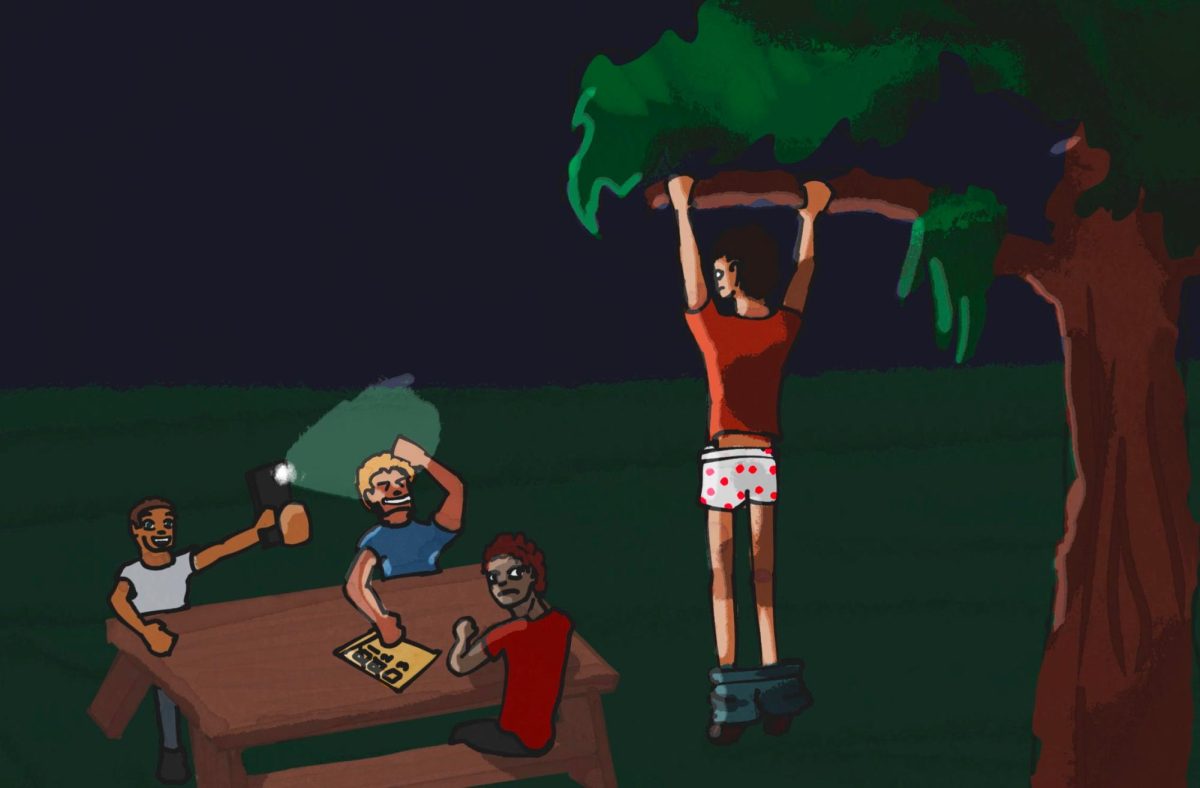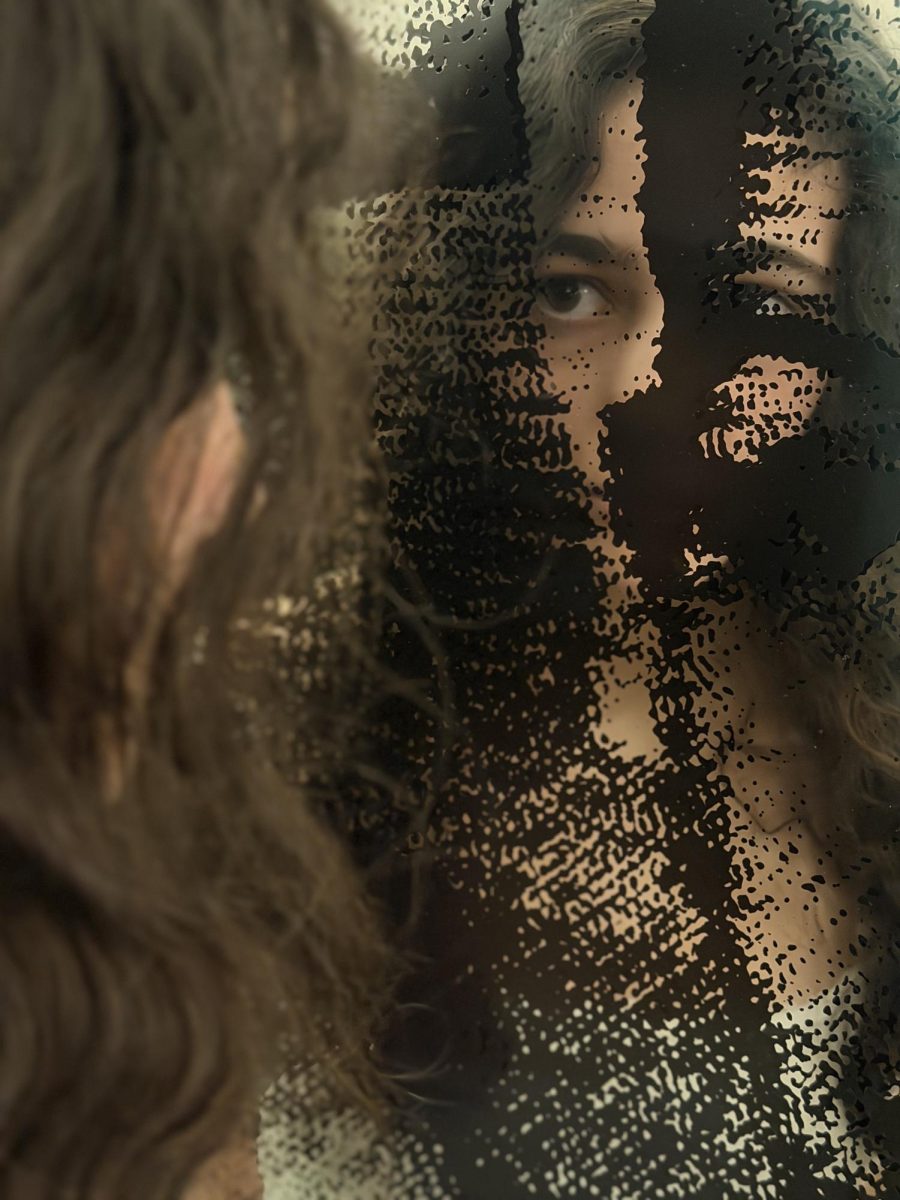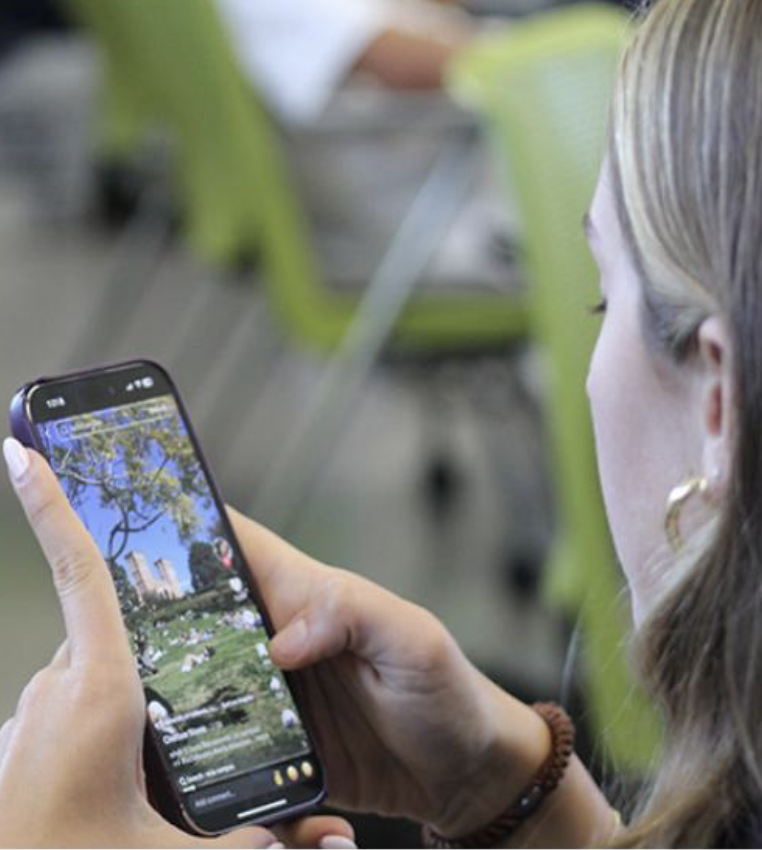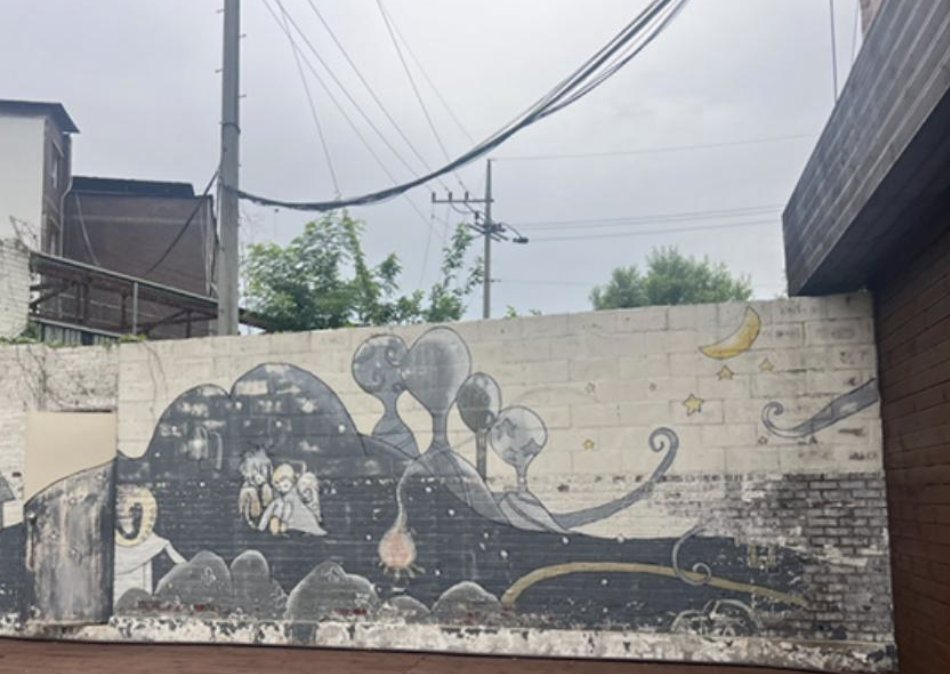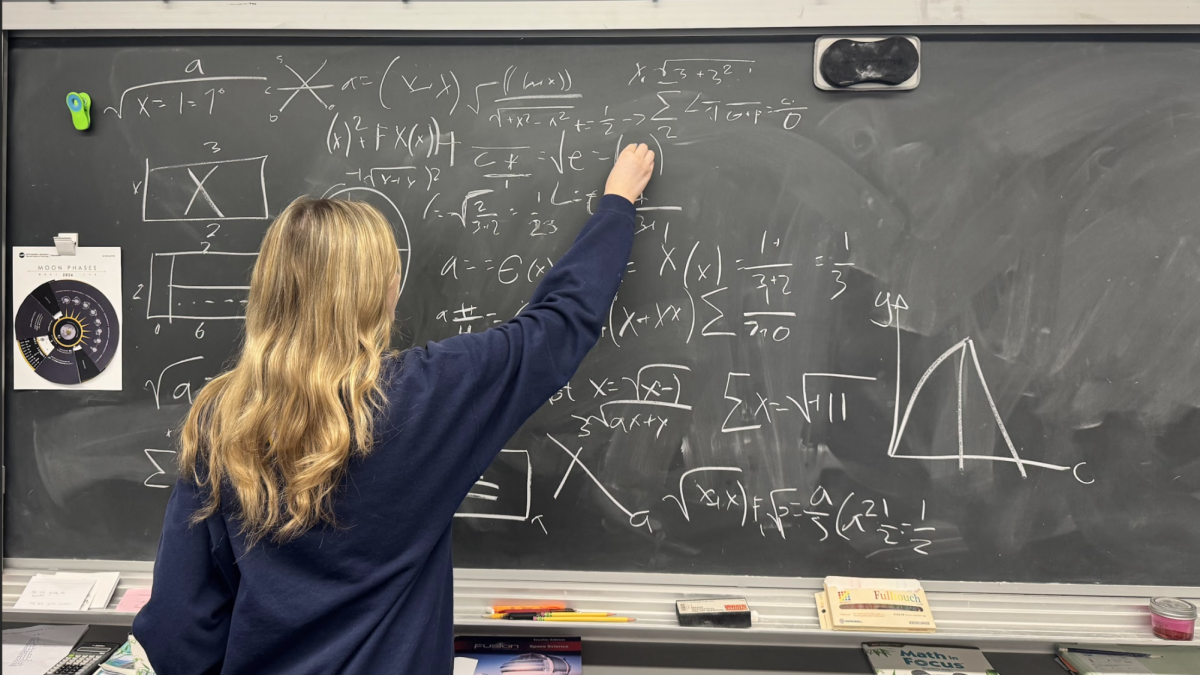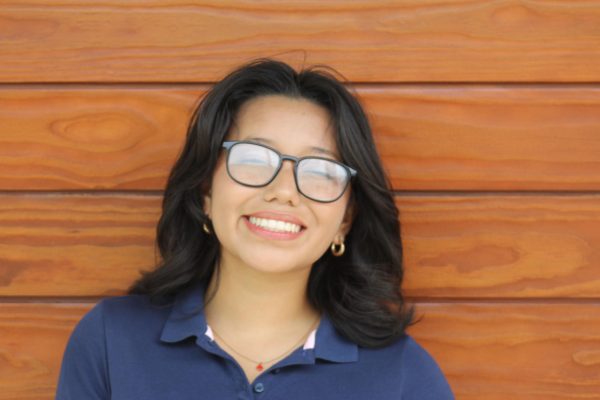Aram Manoukian, Associate Director of Technology, walks to room 1306 to turn off the new BenQ whiteboard for the day. One of the technology changes he made during the summer was the replacement of old projectors with new touch whiteboards. The department of technology has worked on these changes for the past three years, testing demos of multiple touchscreen displays from different companies and receiving feedback from teachers who tried them out in their classrooms.
Manoukian worked alongside Michael Metelski, Director of Strategic Operations and Technology, and the technology team, to choose the best whiteboard for teachers.
“We upgraded [the projectors] to BenQ displays to meet the current standard for audio and video,” Manoukian said. “They have touch capability so teachers can draw on their slide presentations while they teach. They’re a lot easier to manage and [Operations] can set schedules to turn on and off every day.”
Jason Lee Bruns, Recording Arts & Production (RAP) and World Drumming Ensembles (WDE) director, with the help of CH Technology Department installed new Mac Minis and PUSH3’s over the summer for the recording studio to accommodate the curriculum’s needs. The seven year old iMacs were inefficient and the PUSH2’s outdated, as students experienced many glitches with them. In his RAP classes, technology plays a major role, but in WDE that’s rarely the case.
“[The technology updates] were due, and now we have hardware that will meet the needs of the class and the students for hopefully another five to ten years,” Bruns said. “It’s interesting for me as a teacher that half of my classes are heavily tech-reliant, and the other half don’t have any technology or electricity, which is a pretty extreme thing to say.”
When reminiscing on his experience as a student, Bruns compares his teaching style as similar to the one his own performing arts teachers’ had. While teaching, Bruns warns his students of technology’s risks. If students feel their songs are depending too heavily on music production, then that means the authenticity of their art could be masked.
“[When I was a student], teaching was more interactive and made me engaged with the teacher and the material because we didn’t have as much technology between us,” Bruns said. “I feel there’s a huge risk that students can lose authenticity in their songs because there are so many features of the technology that can make you think your song is better than it actually is. We need to make sure that the tools we use don’t detract us from the core elements of what makes a good song, which would be the lyrics, the story and the melody.”
As twelfth-grade dean and AHB faculty advisor, Louisa Levine uses a combination of the Ben-Q board and hands-on activities with her students during her classes. As an AHB faculty advisor, Levine believes that technology can be a helpful tool alongside writing, but students run the risk of losing their originality if they overuse it.
“As an English teacher I like to help students to visualize what they’re reading about,” Levine said. “Whether it’s a poem or something set in a certain time which isn’t familiar to you, I like to be able to have that visual component and be able to project it [on the smartboard]. Using technology as a tool can take your agency away when you rely on it to do things, to think for you. Tools like the BenQ that help you and your students understand something more are beneficial.”


